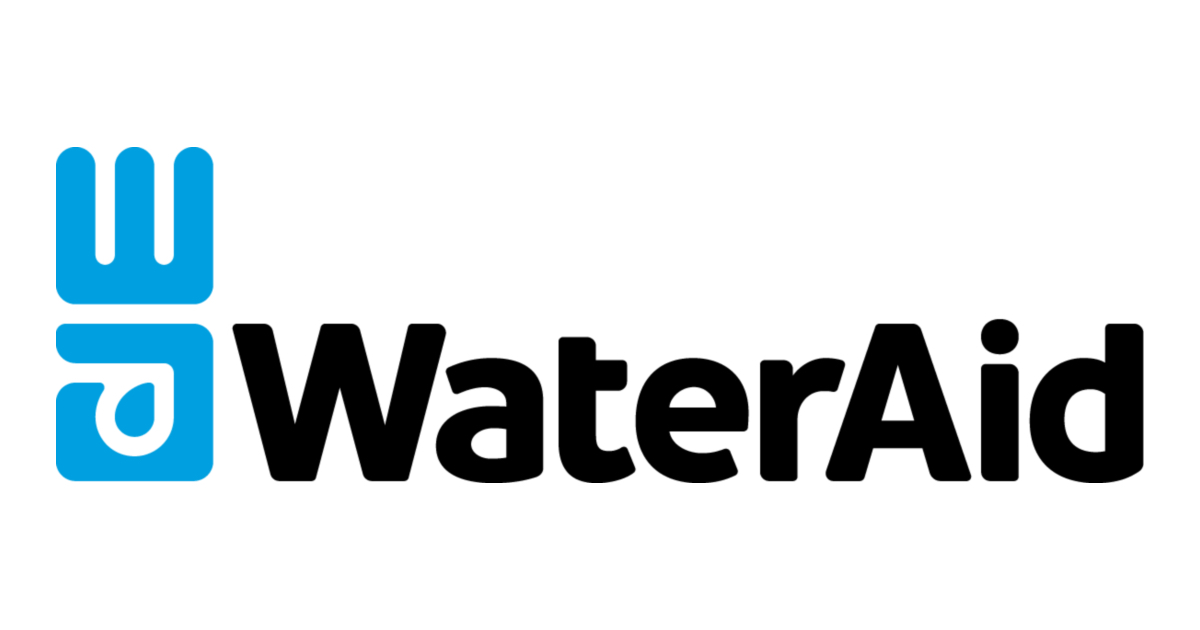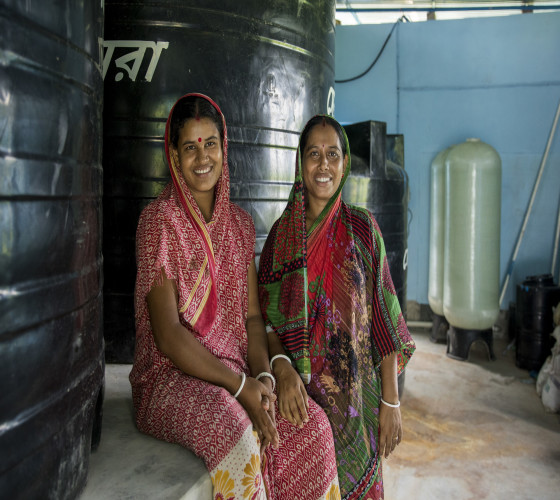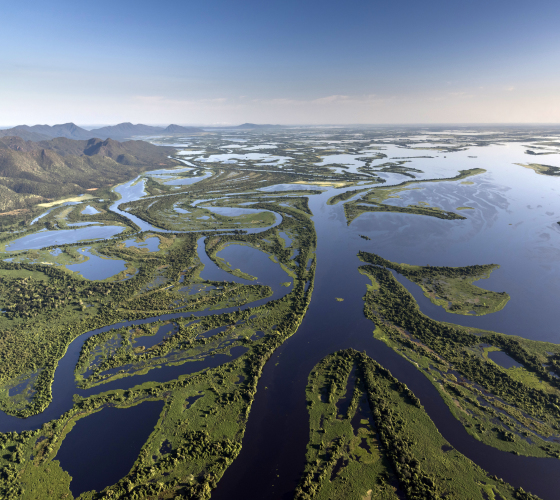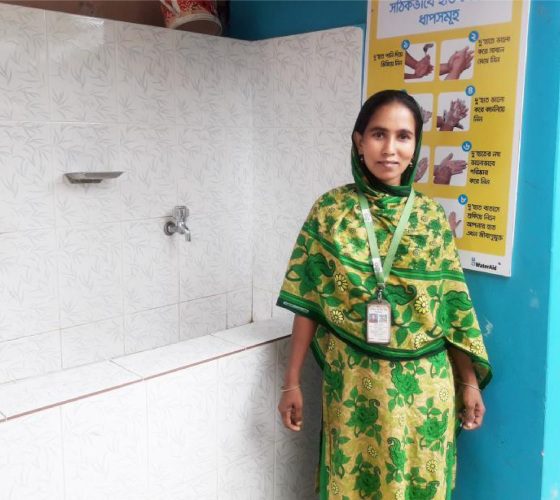
Partner Profile
As the HSBC Water Programmes comes to an end, Earthwatch will build on the important work delivered through our partnership with the bank. We will focus on Climate-Proof Cities, a programme originally carried out together with HSBC to study how urban green spaces and waterbodies can help cities adapt to climate change.
These ‘nature-based solutions’ (for example, urban trees, green roofs and green spaces such as parks) also provide other powerful benefits such as promoting biodiversity, storing carbon and improving human health.
Earthwatch aims to inform an integrated approach to city planning and management, building an understanding of the interdependencies between decisions on green and grey infrastructure, social cohesion and well-being, and citizen participation and responsibility.
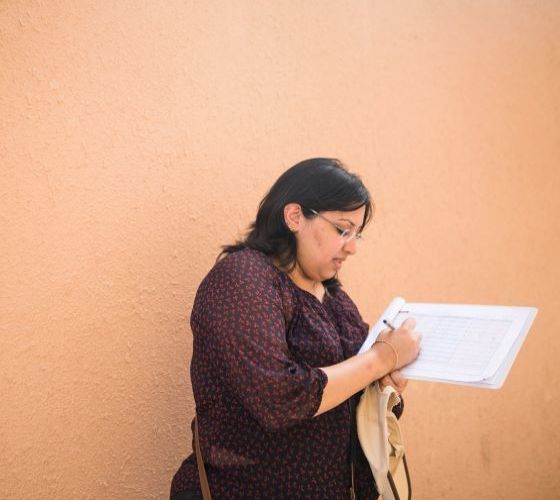
UN Sustainability Development Goals
Our programme aligns with the UN Sustainable Development Goals, which recognise the importance of making cities more resilient in the face of growing environmental challenges, such as flooding, pollution and heat stress.
Our climate-proof cities programme aligns with goal 3: good health and well-being, goal 11: make cities inclusive, safe, resilient and sustainable, goal 13: take urgent action to combat climate change and its impacts and goal 17: partnerships for the goals.
